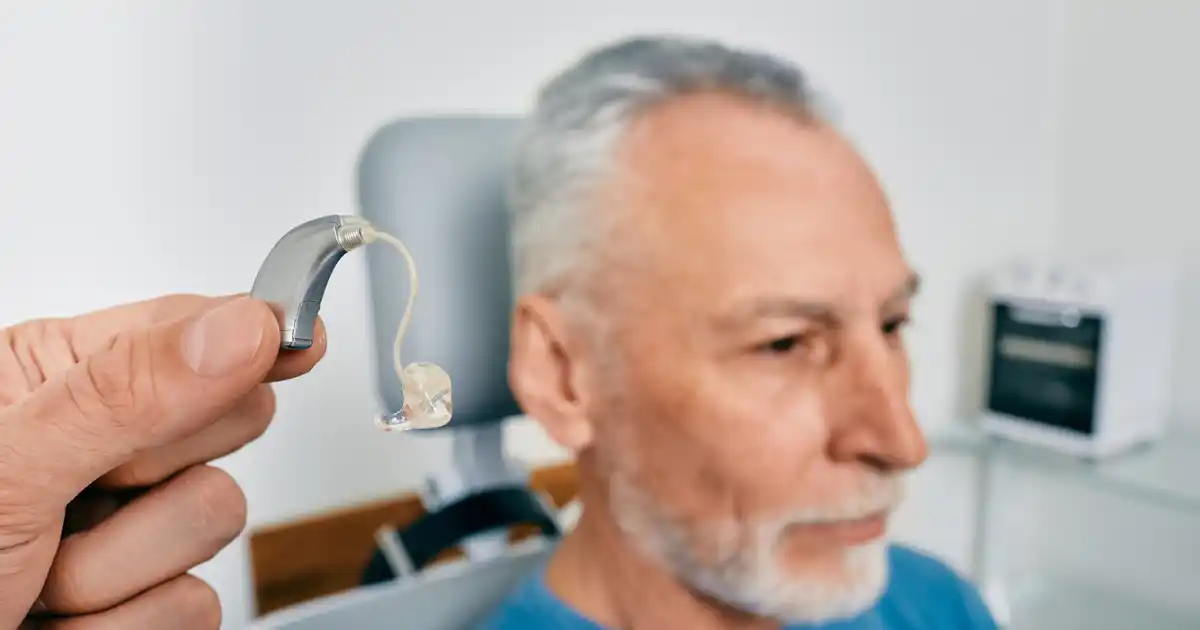Jobs in the healthcare field are prized for their fair wages and stability. Unfortunately, many job seekers assume that any medical profession has steep educational requirements.
The truth is, many careers in the hospital and clinic setting require nothing more than a high school diploma. Without overlooking some of the certifications and diplomas that can improve your income, let’s check out some lucrative medical jobs that don’t require a degree.
Why Work In Medicine?
One major reason that job seekers turn to the healthcare field is job demand. The U.S. Bureau of Labor Statistics predicts that healthcare occupations are set to increase by 16% between 2020 and 2030. That’s significantly faster than projections for the overall labor market.
Another incentive applicants look for is job security. With statisticians promising a greater need for medical jobs as the U.S. population ages, healthcare is the safest bet for stable professions.
Now that you know you’re on the right track, here are good-paying professions that have the least amount of educational restrictions.
 Shutterstock
ShutterstockLicensed Practical and Licensed Vocational Nurses
Licensed practical and licensed vocational nurses stand at the frontlines of the healthcare system, monitoring patients’ needs and sterilizing medical equipment. They’re often seen taking vital signs, collecting samples, and documenting.
Amazingly, these professions do not require a degree. Instead, applicants must complete a state-approved certification program. Think of the cost of that certificate as an investment toward earning $48,820 per year, which is the nationwide average.
 Shutterstock
ShutterstockHome Health Aide
As the population ages, the need for home health aides is expected to grow. Home health aides are the professionals who visit seniors and monitor their vital signs. They also provide help with daily living tasks so that patients can continue to live at home.
A high school education is all you need for this position, which makes an average of $29,480 per year. However, the National Association of Home Care and Hospice (NAHC) offers a voluntary certification once you’ve logged 75 hours of training and passed an exam. Given the growing need for this type of work, the added certification could help you earn more.
 Shutterstock
ShutterstockDiagnostic Medical Sonographer
A sonographer’s skills with specialized equipment (a transducer) helps doctors diagnose a patient’s medical issues. The transducer captures images of a patient’s organs, bones, or muscles in sound waves, which are then interpreted by the sonographer.
While four-year degrees exist in this field, the two-year diploma in a sonography training program is more common. There are also one-year certificate programs, if you’re already trained in another medical field. Sonographers make an average of $26,690 per year.
 Shutterstock: New Africa
Shutterstock: New AfricaPhlebotomists
You may not recognize them by their job title, but you’ve almost certainly had blood drawn by a phlebotomist. These are the lab technicians who take blood samples at donation sites, clinics, and hospitals. They also verify patient information, sterilize equipment, and dispose of various contaminated items.
Besides having a keen eye for veins and arteries, phlebotomists require nothing more than a high school education. Even their training for the role is handled on-site. According to the nationwide average, the job pays $33,096 per year to start, but climbs steadily from there.
 Shutterstock: Monkey Business Images
Shutterstock: Monkey Business ImagesNursing Assistant
A nursing assistant helps registered nurses with patient care, taking vitals, and moving the sick or injured around the facility. These jobs are frequently found in long-term care units and are very physical in nature. In these settings, nursing assistants tend to provide care to the same individuals, day after day. These lasting relationships could be both rewarding and difficult to bear.
On the plus side, all of that sweat and responsibility adds up to an average income of $33,016 per year. Plus, the role only requires a high school diploma and job training is provided when you start. For compassionate people, this job could turn into a great career.
 Shutterstock: Yuganov Konstantin
Shutterstock: Yuganov KonstantinMedical Transcriptionist
Few occupational sectors are as fast-paced as the healthcare field, which is why hospitals and clinics need medical transcriptionists. This role is responsible for transcribing the messy notes from physicians or nurses into a comprehensive, well-organized report.
To score this position – which earns an annual salary of $39,000, on average – applicants must first complete a one-year medical transcription program. During this time, they’ll learn medical terminology as well as how to use the transcription software.
 Shutterstock: Krakenimages.com
Shutterstock: Krakenimages.comHearing Aid Specialist
Of all the medical professions that don’t require a degree, hearing aid specialists earn the most. On average, the role makes $41,862 to start and can easily earn twice as much. Most hearing aid specialists require little more than a high school diploma.
Granted, there are only about 8,000 of these specialists in the United States, which likely contributes to the profession’s salary average. If you’re interested in being part of this exclusive community, look into the hearing aid written and practical exams of your particular state.
 Shutterstock: Peakstock
Shutterstock: PeakstockDental Assistant
Let’s not overlook the dental health field! Unlike dental hygienists and dentists, dental assistants work mostly behind the scenes, sterilizing equipment and doing clerical work. Occasionally they will assist the dentist in other ways, such as preparing a patient or taking x-rays.
No formal degrees are needed to get started, although you will need to complete a one-year or two-year program at a vocational school or community college. The investment won’t take long to pay off, however, as dental assistants made an average salary of $45,027 in 2022.
 Andrey_Popov / Shutterstock
Andrey_Popov / ShutterstockMedical Jobs Are On The Rise
Interestingly, the fastest growing medical job happens to be the lowest paying: home health aides. In fact, the Bureau of Labor Statistics estimates that 4.6 million more home health aide jobs will be created between now and 2030. So, if you’re looking to get your foot in the door of the medical profession, home health aide jobs are a great option.
While you don’t need a four-year degree for any of these jobs, the best-paying ones require an educational investment. Just weigh the level of investment against the annual income, and you’ll see for yourself: the certifications and diplomas are worth it. Even the credentials which are voluntary can make a significant difference – both on your resume and your level of income.
 Shutterstock
Shutterstock







